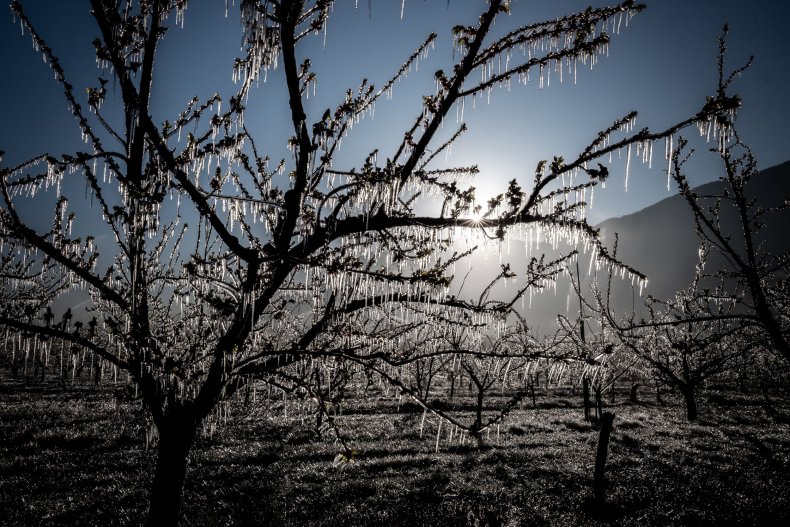JAMES TAYLOR

For the vast majority of the time that human civilization has existed, temperatures have been significantly warmer than today. More than 30,000 scientists have signed on to a paper saying that we're not facing a climate emergency.
Throughout the history of the earth, a more normal level of carbon dioxide in the atmosphere has been about 1000 parts per million, not the 420 ppm we see today. The fact that carbon dioxide levels are so high, and yet compared to over the past few 100 or few 1,000 years, temperatures are lower than they've been throughout most of human civilization, tells you that carbon dioxide is not the control knob for global temperatures.
I believe humans may be playing some role in that warming. But saying you know for sure—I think that's really taking a leap of logic. The American Meteorological Society is the only scientific body in the world whose full membership has been polled extensively on this issue. And when they are asked, "How concerned are you?" only 30 percent say they are very concerned.
We know for a fact that the earth is greening; NASA satellites have measured it. We also know for a fact that crop production is setting records nearly every year in most countries. According to the United Nations Intergovernmental Panel on Climate Change, they have very low confidence of any negative observed impacts between global warming and severe weather events. NASA satellites have measured a decline in global wildfires. We see beneficial impacts from more atmospheric carbon dioxide and warmer temperatures.
It is very important to have affordable and abundant energy; that's the lifeblood of any economy. There's a reason why in virtually every country in the world, new energy projects being built and being implemented are coal and natural gas, primarily. I don't think that the leaders in virtually every country in the world lack intelligence; I don't think they're stupid. There's a reason why coal and natural gas dominate energy production. If and when the day comes that wind power, solar power can compete with coal and natural gas, I'll be the first one cheering them on.
China emits 30 percent of the world's carbon dioxide emissions; the United States admits 14 percent. Since the turn of the century, the United States has reduced our emissions by 14 percent, whereas the rest of the world has increased its emissions by 66 percent. Which makes me wonder, why it is that people say "The United States needs to take action to get in line with the rest of the world or is undermining some global action," when the rest of the world should be beating a path to our door saying, "Hey, how do we do this?"
We're doing it through the free market, we're doing it through technology, we're doing it through natural gas, that through economic factors is replacing coal power.
The United States has the world's largest economy with the most gross domestic product, and yet China's emissions are more than twice ours. If we had completely eliminated our emissions at the turn of the century, global emissions would still be rising.
The United States has been reducing our emissions, and we will continue to do so. But if there's going to be some form of climate action, I don't believe that we should force other nations to do so, because we're not facing a climate crisis. The focus should be on making sure that we are not hamstringing American consumers and American businesses by self-inflicted economic wounds in the name of global warming when China and the rest of the world don't care and don't act.
No comments:
Post a Comment